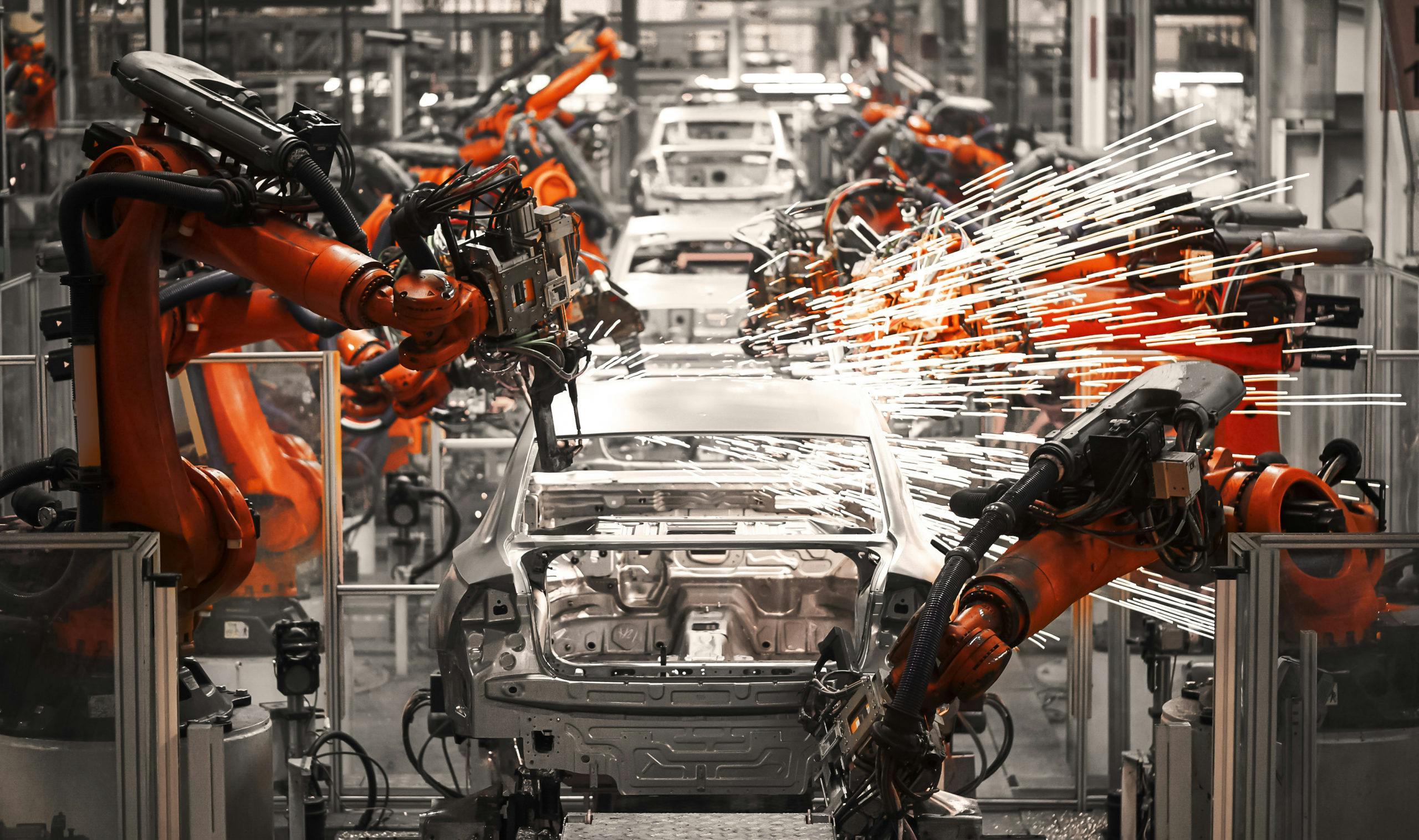Well, that didn’t last long. Just a couple of days ago, we reported that Apple and Hyundai were in talks to work together and produce an electric car. Now, a new report from Bloomberg reveals that both companies have hit the pause button on the project.
According to people familiar with the matter, Apple was the one that halted discussions with Hyundai weeks ago. They also revealed to Bloomberg that the tech giant is talking to several automakers. Hyundai Motor Group noted in a regulatory filing that they’re also talking to other companies for autonomous vehicle development but hasn’t said who else it’ll work with. As a result, Hyundai and Kia stocks dropped 6.2 percent and 15 percent respectively in the Korean stock exchange.
Reports of Apple entering the auto industry recently resurfaced after a report revealed that the California-based company was in talks with Kia for EV development. It was 2015 when word started spreading that Apple wanted to enter the car making business but has kept its projects veiled in secrecy due to its potential to upend the entire auto industry as it has on the tech front.
Lee Jae-il, an analyst at Eugene Investment & Securities Co. in Seoul, Korea, told Bloomberg that the talks with Apple ending won’t dampen Hyundai’s strategy because it has already set up plans on how to cooperate with other automakers using its E-GMP platform. Hyundai revised its statement regarding talks with Apple, eventually confirming that it happened and that it’s also in discussion with other companies. That bumped Hyundai stock up 20 percent while Apple stock increased 10 percent.
Other recent collaborations include Zhejiang Geely Holding Group Co., the parent company of Volvo and Polestar, partnering with search giant Baidu, and EV startup Byton working together with Taiwanese company Foxconn. An Apple EV would be a direct competitor to the established brands like Volkswagen, Toyota, Hyundai, Mercedes-Benz, and Tesla. However, it also has to take on newcomers like Lucid Motors and Nio.
EV sales are experiencing tremendous growth especially in Europe where it is expected to expand again after 2020, which was already a record high. China has seen EV sales increase by 10 percent, according to the China Passenger Car Association. BloombergNF predicts that the adoption of EVs will accelerate in the 2030s and by 2050, battery-electric vehicles will account for 73 percent of global new car sales.
In addition to rebranding Kia with a new logo and slogan, Hyundai Motor Group recently revealed its E-GMP platform, which is built specifically for EVs. In total, 23 vehicles across Hyundai, Kia, and Genesis will be underpinned by that architecture. The first one to arrive will be the 2022 Hyundai Ioniq 5, which is scheduled to go on sale in the U.S. in the latter half of 2021. That will be followed by a dedicated electric crossover from Kia code-named CV and the Genesis GV60, internally known as JW1.

